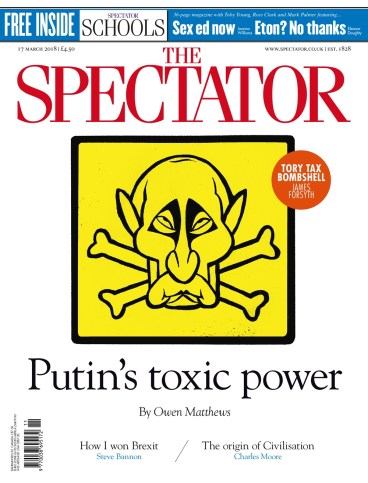A dangerous silence
Whenever a Hollywood actress complains about some lecherous man, there’s blanket coverage. Even our MPs feel the need to tut. So why, when there are allegations involving 1,000 underage girls abused by child-grooming gangs in this country, does no one turn a hair? For the most part, the paedophile scandal in Telford was ignored by





